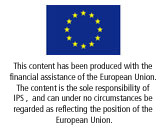By Isaiah Esipisu
RIO DE JANEIRO, Jun 20 (TerraViva) Imagine a green city, literally, and Rio de Janeiro, Brazil presents itself as a perfect example. Fruit trees sandwiched between closely packed skyscrapers lining the city streets create a cool, natural and relaxing environment.
The green lawns and parks within the city centre compliment the beautiful forested hills visible across a horizon of buildings. Despite the unending traffic jams, Rio can in many ways be considered an environmentally friendly city.
However, environmentalists and city managers attending the U.N. Conference on Sustainable Development known as Rio+20 here say that apart from increasing tree cover within cities, a green urban future lies in good infrastructure, less pollution, affordable and sustainable housing, and better amenities to improve quality of living.
At a side event organised by the Asian Development Bank, there was consensus on the need to mobilise funding from all sectors with an aim of developing environmentally-friendly urban future.
“Many cities collect revenues from parking spaces and taxes from the private sector. Yet this is not enough because of other varied priorities. What we need is full participation of the private sector, where they should not give loans, but instead give grants,” said Arnab Roy, commissioner of the Kolkota Municipal Corporation in India.
At another event organised by United Nations Food and Agriculture Organisation (FAO), experts cited expanding urban agriculture as a strategy to address food and nutritional security.
“One interesting observation is that in relation to tree dynamics in peri-urban areas which we’ve noticed from the agroforestry perspective is that many of these areas, particularly in the tropics, have been transformed into agroforests,” said Dennis Garrity, the former director general of the World Agroforestry Centre (ICRAF).
“Such areas are currently producing fruits and vegetables, fuel wood, timber and other tree commodities that are in demand especially within the same urban areas,” he added.
In cities like Rio, fruit from trees growing in the streets is available for public consumption, a fact that experts at the U.N. conference said had great importance for city dwellers in terms of nutritional value.
In other cities where farmers have intensified urban farming, particularly in peri-urban regions, such tree products are a good source of income.
“It is interesting that one of these rapidly growing systems of agroforestry is the market demand for higher value products. In many cities and city environs, it is the demand that stimulates farmers to intensify tree crop production, thus creating the diversity of agroforestry systems in places where it never existed,” said the former ICRAF chief.
He cited cities in developing countries such as Nairobi, Kenya, Jakarta, Indonesia, Kampala, Uganda and many other areas where urban farming and tree cultivation is intensifying.
Other players at the event included the World Society for the Protection of Animals (WSPA), International Partners for Sustainable Agriculture (IPSA) and Local Governments for Sustainability (ICLEI).
According to Alexander MĂĽller, assistant director general of natural resource management and environment at FAO, different organisations in such a multilateral forums like Rio+20 have different issues to address ranging from food, biodiversity, and calories, among others, but all of them boil down to one issue, which is a greener environment.
“We have to find solutions that have global objectives but can be operationalised at a local reality. We also have to define new objectives with global objectives but with local realities,” said MĂĽller.
He observed that Lagos, Nigeria, for example, is expected to grow by 400 percent in the next 40 years, bringing major challenges.
“Climate change will act as a multiplier of the already existing challenges. We must therefore ensure that we have sustainability of food security, and sound ecosystems,” said MĂĽller.



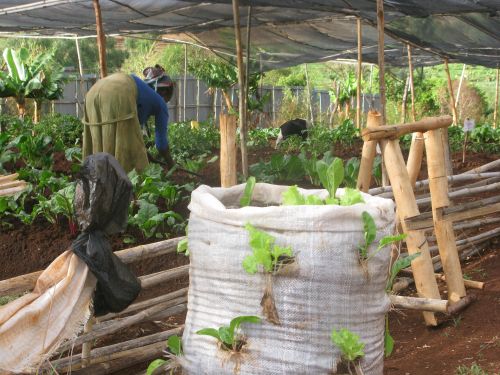
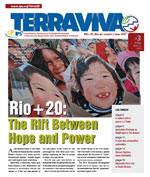
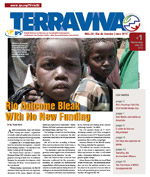
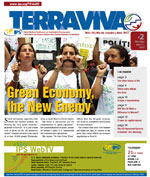

 Add to Google
Add to Google




